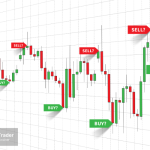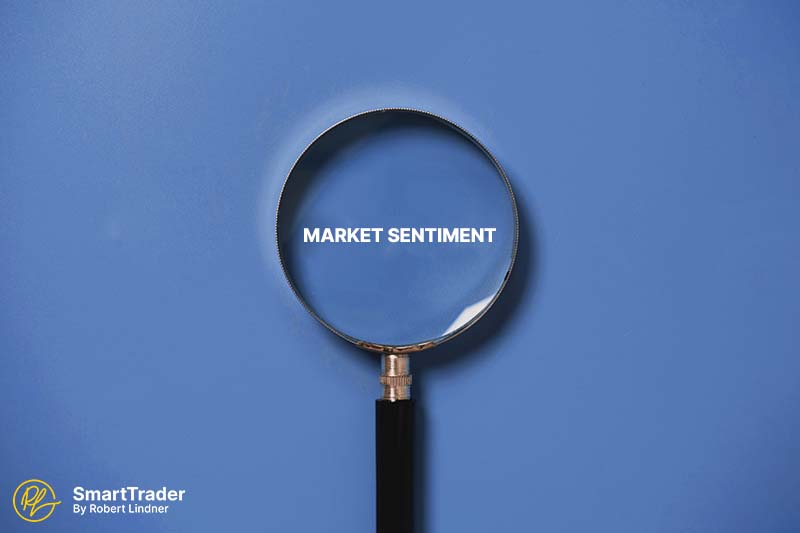[ˈmɑːkɪt ˈsen.tɪ.mənt]
Market sentiment refers to the overall attitude or mood of market participants towards a particular asset, security, or the market as a whole.
What is Market Sentiment (MS)?
Market sentiment refers to the general feeling or perception of market participants regarding a particular financial asset, security, or the overall market conditions. It is essentially the collective outlook or sentiment of traders, investors, and analysts, with respect to the direction and potential risks and opportunities presented by the market.
Market sentiment can be positive, negative, or neutral, and can be shaped by a range of factors such as economic indicators, political events, company earnings, and technical analysis. Traders and investors often use MS analysis to gain insights into market trends and to help inform their investment decisions.
Key Takeaways
- Positive MS can result in an uptrend in the market, while negative sentiment can lead to a downtrend.
- Economic data, political events, news headlines, company earnings, and technical indicators are some of the factors that can impact MS.
- There are various tools available to measure MS, including surveys, sentiment indicators, and news analysis.
- Market sentiment can change rapidly, particularly in response to unexpected events or news.
Example
A major tech company, XYZ, is set to release its quarterly earnings report. Prior to the release of the report, MS towards the company is generally positive, as many analysts and investors are optimistic about the company's growth prospects. As a result, the stock price of XYZ has been steadily increasing.
However, when the earnings report is released, it falls short of expectations and shows a decline in revenue and profits. This news causes a shift in MS towards the company, and sentiment becomes negative as investors and traders become more cautious about the company's future prospects. This change in sentiment causes the stock price of XYZ to drop significantly, as more investors sell their shares and fewer buyers are willing to purchase them.
Back to Glossary.






